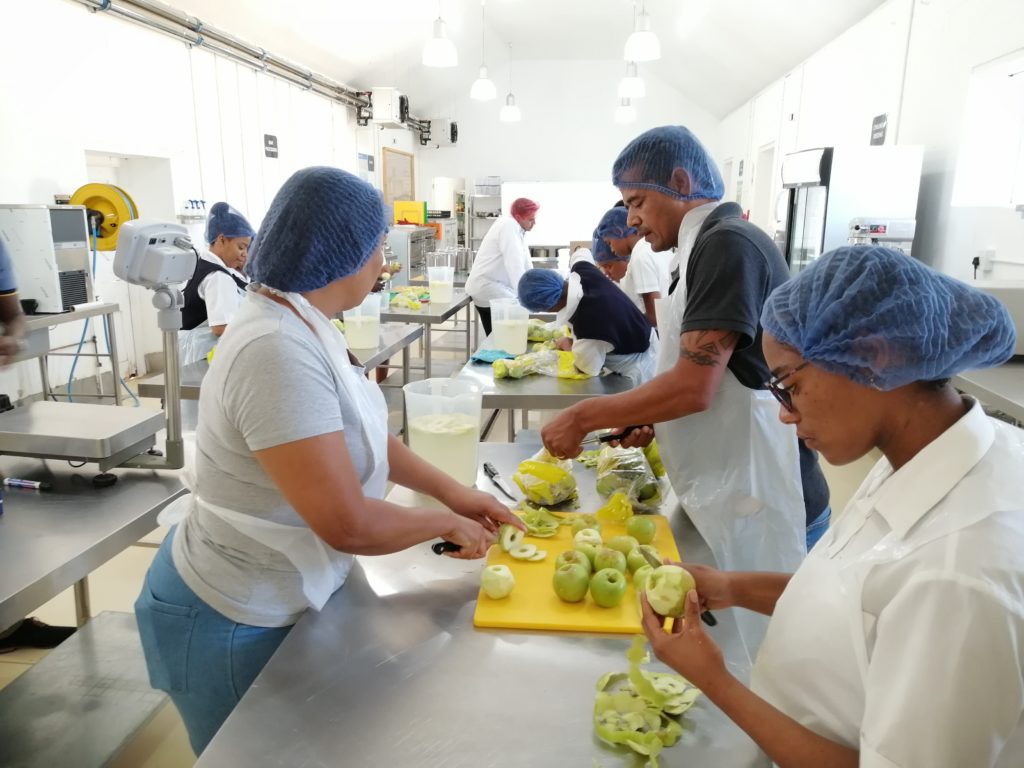Premier Alan Winde has returned from a 10-day visit to the United States with encouraging news for the Western Cape’s agricultural and agri-processing industries. The USA remains the province’s second-largest export market, and the Premier’s meetings highlighted opportunities to grow this crucial partnership at a time when international trade conditions are under pressure.
Billions in exports to a key partner
In 2024, the Western Cape exported more than R18.3 billion worth of goods to the United States, reflecting a 2.66% increase on the previous year. Agriculture and agri-processing continue to dominate this relationship, with the province accounting for over 50% of South Africa’s total agri-exports to the US. Citrus, wine, fruit, and processed products such as juices and preserves all play an essential role in the Cape’s export basket.
Premier Winde stressed that protecting this market is critical for rural jobs and farming communities:
“Growing the economy to create more jobs is our apex priority, and our trade relations with the USA are of critical importance. We will fight to keep these mutually beneficial trade ties open and growing.”
Securing investment and new opportunities
The United States is not only a buyer of Cape products; it is also a leading investor. Between 2015 and 2024, US companies were responsible for 62 investment projects in the province, valued at more than R29 billion. These included ventures in food and beverages, pharmaceuticals, and information technology — all sectors that provide linkages and opportunities for agricultural producers and processors.
In his discussions with trade officials in Washington D.C., as well as with the Georgia Department of Economic Development in Atlanta, Premier Winde emphasised the need to safeguard agricultural exports under current trade agreements while also exploring new areas for collaboration.
Climate resilience and agri-sustainability
In New York, the Premier also shared lessons from the Western Cape’s response to the “Day Zero” drought. International partners expressed strong interest in how local farmers adapted through water-saving technologies and diversification strategies. With climate change posing ongoing threats to farming, the province’s approach to resilience and renewable energy is fast becoming a competitive advantage in international markets.
Looking ahead
The USA remains a key growth partner for Western Cape agriculture. Increased exports of fruit, wine, and processed foods, combined with continued foreign investment, underpin the livelihoods of thousands of farmworkers and rural businesses.
While national trade negotiations remain complex, the province’s ability to build direct relationships with US states, chambers of commerce, and agribusiness networks ensures that the Western Cape’s farmers have a strong voice in global markets.
As Premier Winde concluded: “Our farmers and agri-processors are the backbone of the Western Cape economy. Strengthening our relationship with the US means more exports, more investment, and more jobs in our rural towns.”
